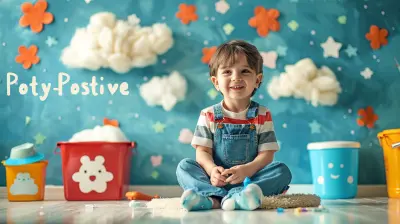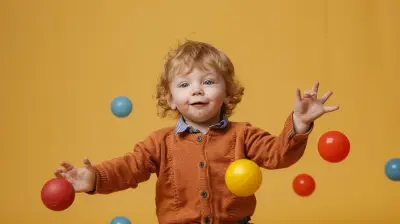The Benefits of Music for Preschoolers and Easy Ways to Incorporate It
20 September 2025
Let’s be honest — if you've spent any time with preschoolers, you know they love to sing, dance, and make noise. Whether they’re crafting a song about dinosaurs or just banging on pots and pans, music seems to come naturally to little ones. But did you know that music is way more than just a fun activity for them? It’s actually a powerful tool that can shape their brain, boost development, and help them grow emotionally and socially.
Yep, music is kind of like magic for preschoolers. Let’s chat about the benefits — and the best part? I’ll also show you super simple (and fun!) ways to bring more music into your child’s daily routine.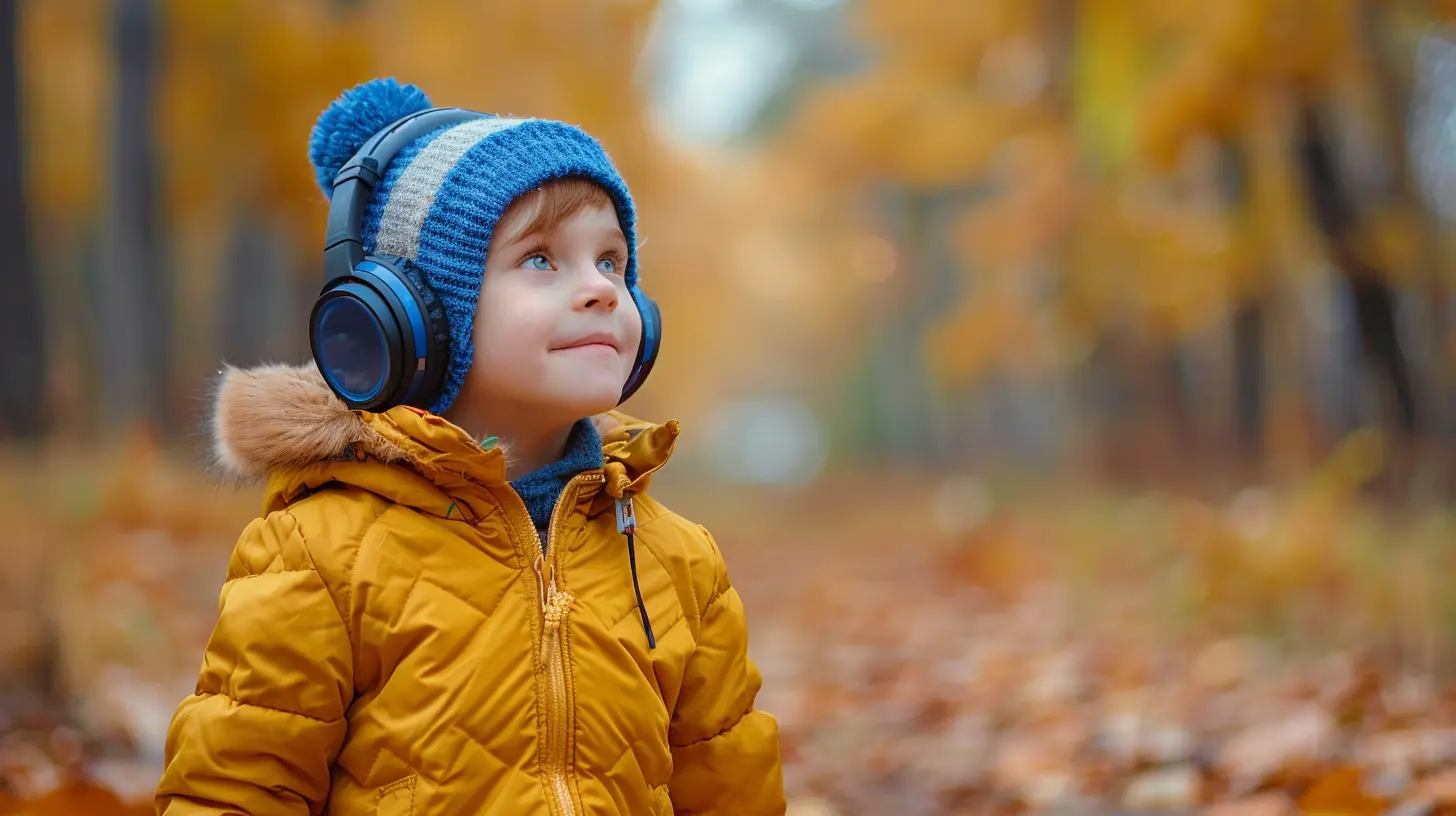
Why Music Matters in Early Childhood
Music isn’t just background noise — it’s brain food. Preschoolers are in a critical stage of development, and everything they experience is shaping how they think, feel, and interact with the world. Music plays a massive role in this process.Music and Brain Development
The human brain is wired for sound. From recognizing patterns in rhythm to distinguishing pitch, music challenges a child’s brain in all the right ways. Studies show that children involved in music activities often have:- Better memory
- Improved attention span
- Stronger language and reading skills
- Enhanced spatial-temporal skills (important for math!)
When a preschooler claps to a beat or sings a rhyme, they’re not just having fun — they’re building connections across both hemispheres of the brain. Seriously, it’s like a full-body workout...but for the brain!
Music and Language Skills
Ever notice how kids can sing the ABCs before they fully understand letters? That’s not a coincidence.Music helps kids develop phonological awareness. That’s a fancy way of saying they start to understand sounds and how they work in words. Songs with repetitive lyrics or rhyming patterns are especially great for this. Think of all those nursery rhymes — "Twinkle Twinkle Little Star," "Baa Baa Black Sheep" — they’re legendary for a reason!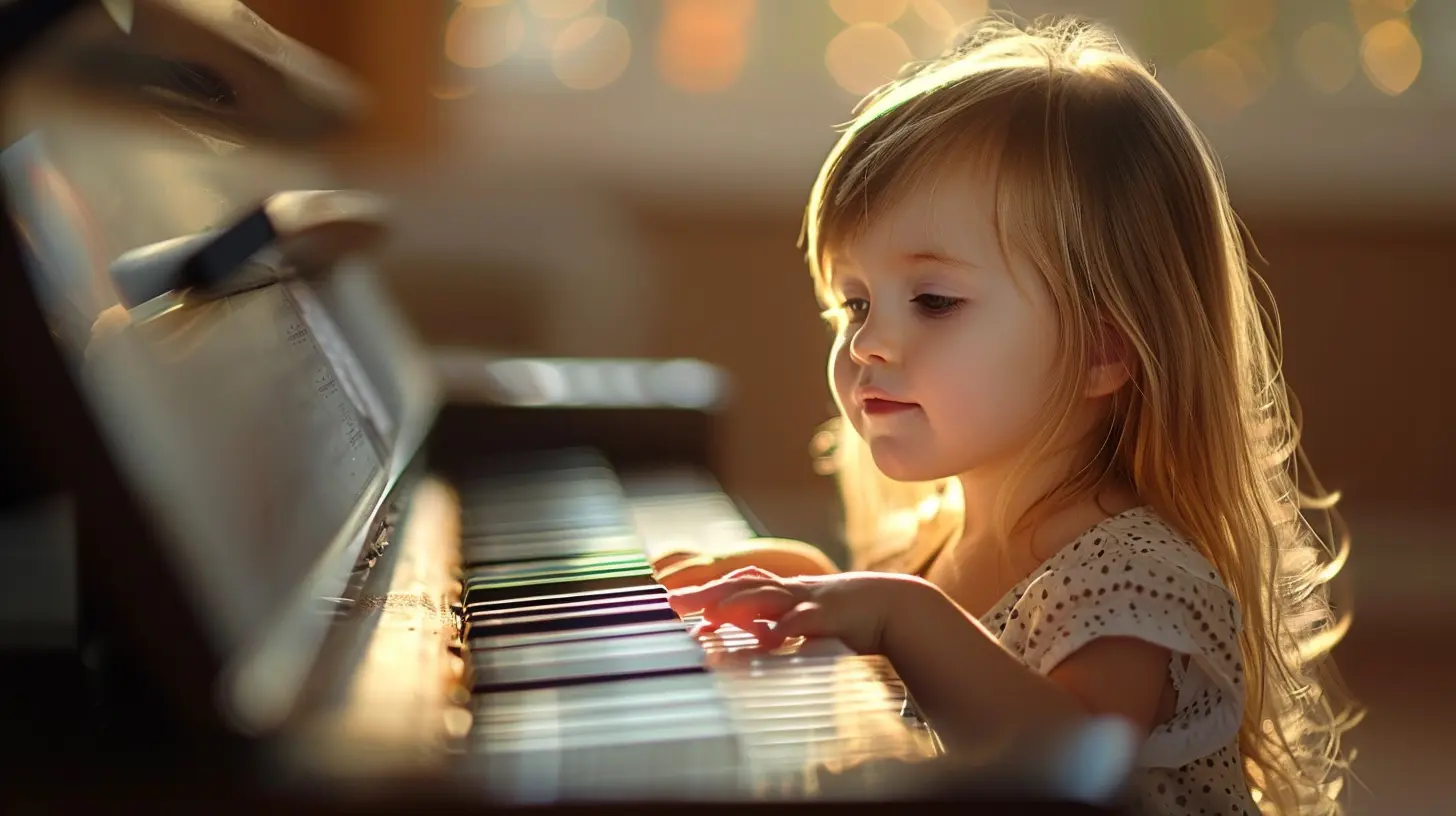
Emotional and Social Growth Through Music
Kids don’t always know how to express themselves with words. That’s where music can help.Emotional Expression
Sometimes, a song says what a child can’t. Music gives preschoolers a safe and fun outlet to express big feelings. Whether it’s the joy in a cheerful tune or the calm of a lullaby, music can match the mood they’re feeling — or help them process their emotions.Got a moody toddler? Try playing some soothing instrumental music during wind-down time. You might be surprised by how quickly their vibe (and yours) shifts.
Social Skills and Cooperation
When kids make music together — like singing in a group or shaking maracas in rhythm — they’re learning to take turns, listen, and collaborate. These are huge social milestones!Participating in group music activities teaches kids how to be part of a team. They pick up on cues, mirror actions, and even start anticipating others’ movements. It’s teamwork without the scoreboard.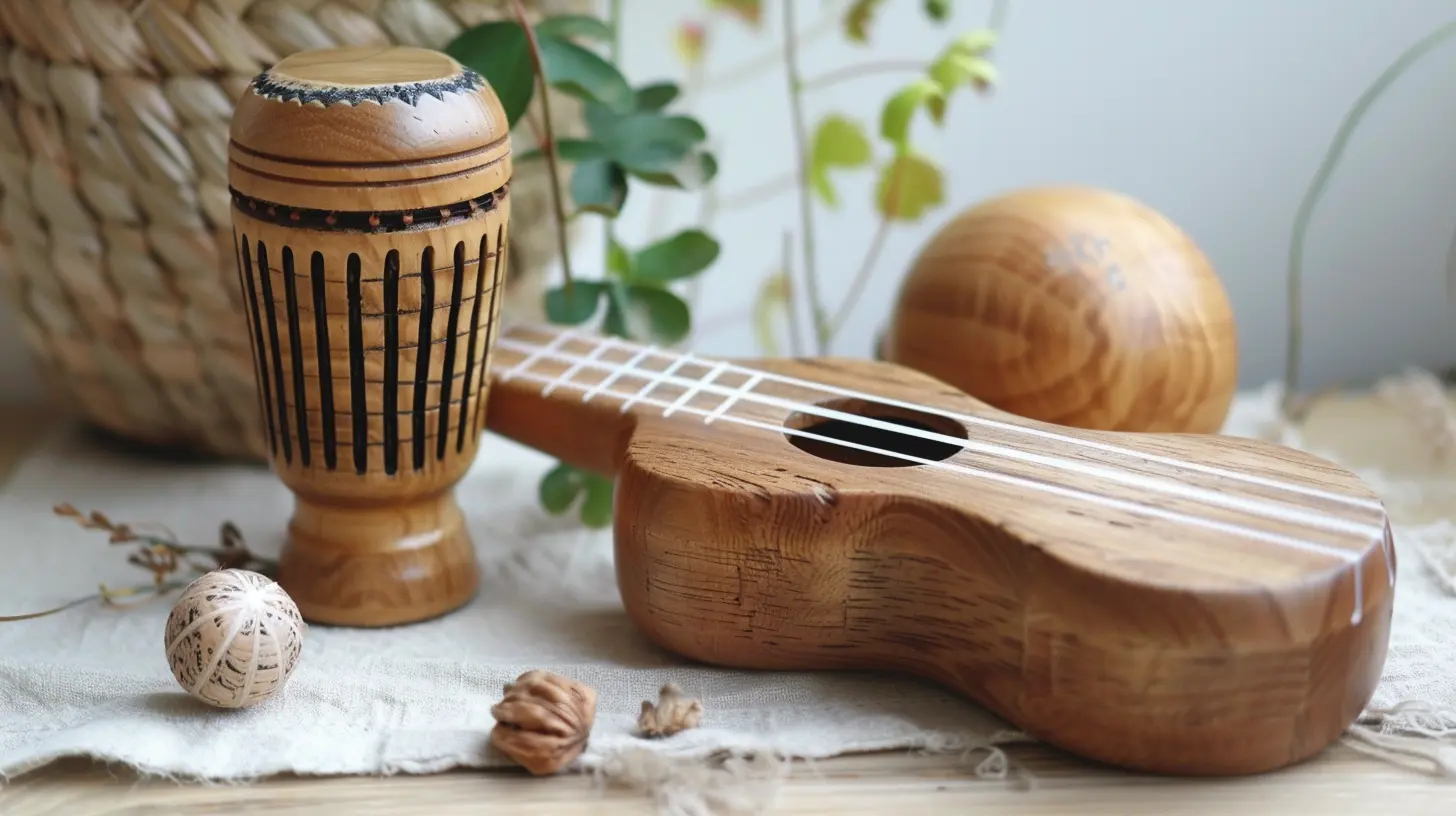
Physical Benefits of Music for Preschoolers
Let’s not forget about the body! Many preschool music activities naturally involve movement. This supports fine and gross motor development.Coordination and Motor Skills
Dancing to music improves coordination. Clapping to the beat? That’s rhythm, timing, and control. Playing finger songs like “Itsy Bitsy Spider”? That’s fine motor practice in disguise!Plus, movement paired with music improves muscle memory. Kids begin to associate sound with movement and start to gain better control over their bodies.
Sensory Development
Music is a multisensory experience — especially when instruments get involved. Shaking a tambourine, tapping a drum, or even listening to different sounds engages a child’s auditory, tactile, and visual senses all at once.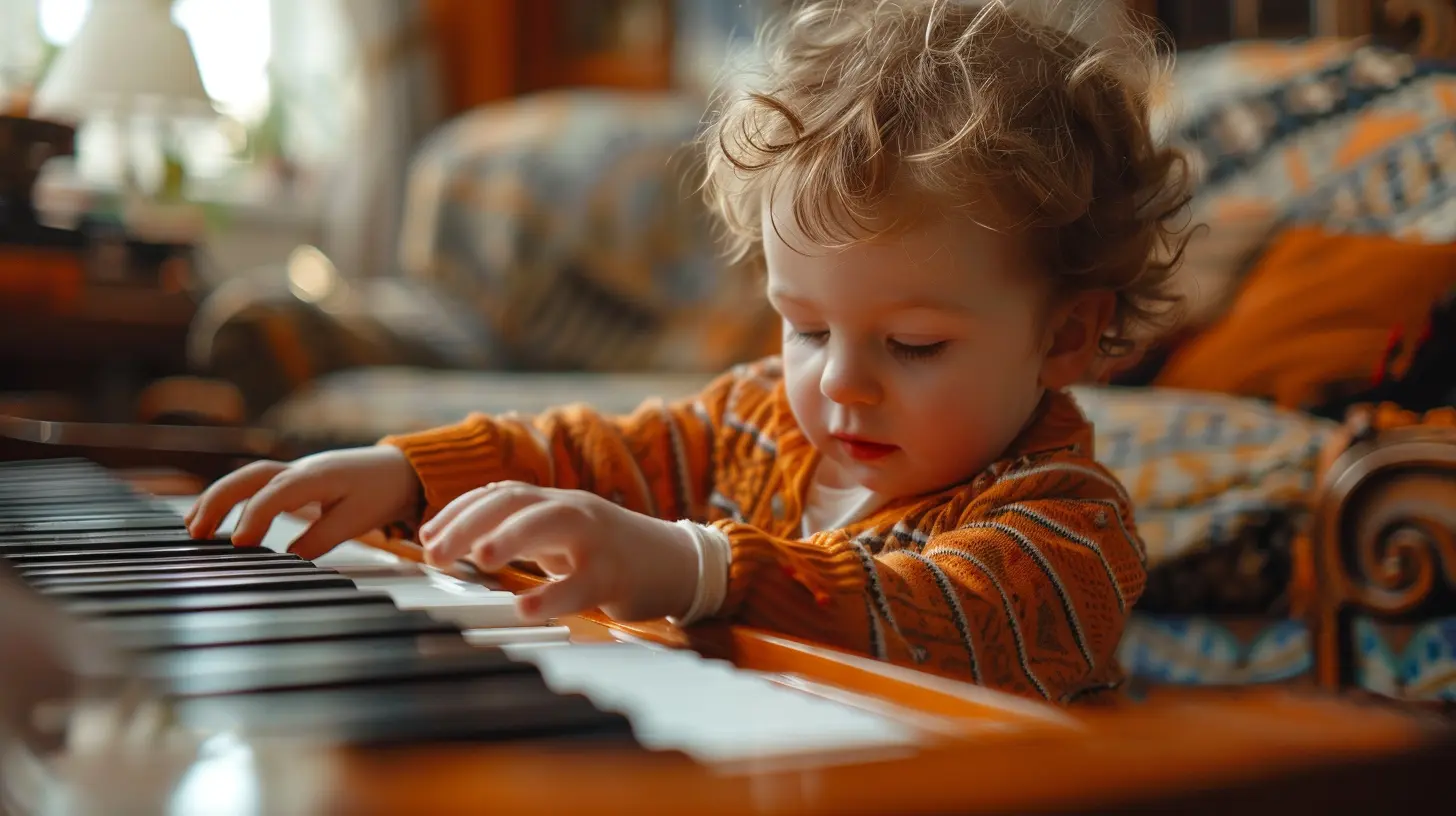
Easy Ways to Incorporate Music Into Your Preschooler's Day
Now that we know how amazing music is for little ones, you’re probably thinking, "Okay, how do I start?" Don’t worry, you don’t need to be a professional musician or even sing in tune (thank goodness!).1. Start the Day With a Song
Create a simple "hello" or "good morning" song to start the day. Kids thrive on routines, and songs help signal transitions. Bonus: It sets a positive tone and gets everyone moving.>🎶 “Good morning to you, good morning to you! We’re ready to play, read stories too!” 🎶
Even if it's a little corny, trust me — it works.
2. Use Songs for Clean-Up and Transitions
Ever struggle to get your preschooler to clean up their toys or move from one activity to the next? Music can help.Use familiar tunes and change the words to match the task:
>🎵 “Clean up, clean up, everybody everywhere…”🎵
Or play upbeat background music to set a rhythm for clean-up time. Making it fun takes the sting out of stopping play.
3. Add Instruments — Real or Homemade
You don’t need a full drum set. A wooden spoon and a mixing bowl make a perfectly good percussion instrument. Or try filling empty containers with rice, beans, or pasta for instant DIY shakers.Having instruments around encourages exploration, creativity, and fine motor development. Want even more fun? Let your child decorate their “instruments” with stickers or paint.
4. Sing Through Daily Routines
Turn brushing teeth, getting dressed, or washing hands into sing-alongs.>“This is the way we brush our teeth, brush our teeth, brush our teeth…”
Singing during routines makes them feel less like chores and more like games. Plus, it helps preschoolers remember what comes next.
5. Create a Musical Storytime
Pair books with songs! Some children’s books are already rhythmic or based on songs. Try stories like "Pete the Cat: I Love My White Shoes" or "The Wheels on the Bus."You can also make up tunes for any story or let your child chime in with sound effects. It builds comprehension and keeps their attention.
6. Have a Dance Party (Whenever You Need One!)
Feeling cranky? Stuck indoors? Time for a dance break!Put on some favorite songs and just move. Let your preschooler go wild with silly moves and make it a family affair. Dancing together is great bonding — and it burns off that extra energy.
Encouraging Musical Exploration at Home
Encouragement is key. You don’t need to impose structure or force lessons. Just give your kids the space and freedom to explore music on their own terms.Here’s how to do it:
- Make music accessible: Keep instruments or music toys within reach.
- Model musical behavior: Sing in the car, tap your toes, dance around the kitchen.
- Celebrate their creativity: No matter how off-key or chaotic, show excitement.
- Mix it up: Play different styles — jazz, classical, reggae, folk. Exposing kids to a variety broadens their musical appreciation.
Should You Enroll in Music Classes?
Music classes can absolutely be beneficial — especially group ones where kids interact with others. But they’re not a must. If it fits into your schedule and budget, go for it! If not, your living room can be just as magical.The key is consistency and fun. Whether it’s a weekly class or daily kitchen concerts, what matters is that music is part of your child’s life.
A Note for Parents Who “Can’t Sing”
Hey, I get it. Not everyone feels comfortable singing. But here’s the truth: Your child doesn’t care if you’re pitch-perfect. They just love hearing your voice.To them, your singing voice is the most beautiful sound in the world.
So go ahead — belt out that silly song. Dance with abandon. You’re creating memories and building their brain at the same time.
Final Thoughts
Music is more than just entertainment for preschoolers — it’s a powerful tool for learning, connection, and self-expression. Whether it’s through clapping, singing, dancing, or listening, music supports nearly every area of development.And the best part? It doesn’t require any fancy equipment or formal training. Just a willingness to get a little silly and embrace the joy.
So go ahead, turn up the volume, grab a spoon, and start that living room concert. Your preschooler (and their growing brain) will thank you!
all images in this post were generated using AI tools
Category:
Parenting PreschoolersAuthor:

Max Shaffer
Discussion
rate this article
1 comments
Cecilia Conrad
Who knew toddler tantrums could turn into dance-offs? Let the music play!
September 24, 2025 at 3:16 AM

Max Shaffer
Absolutely! Music transforms moments of frustration into creativity and fun, making it a wonderful tool for emotional expression in preschoolers. Let the rhythm guide their joy!
